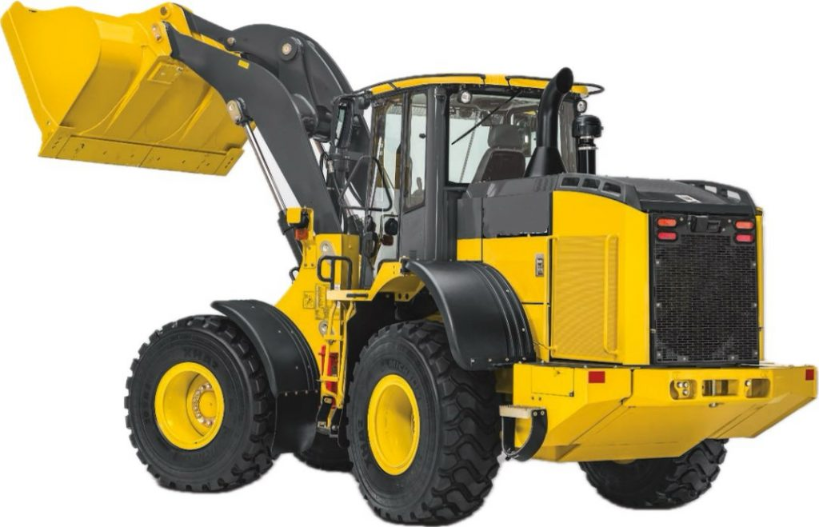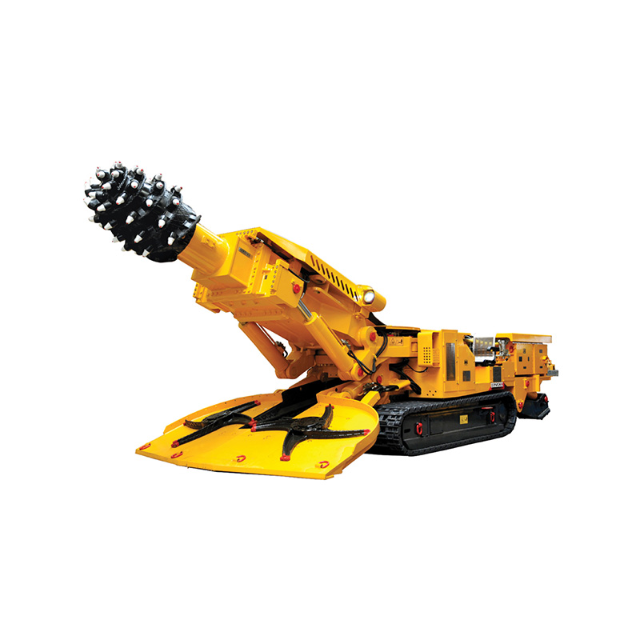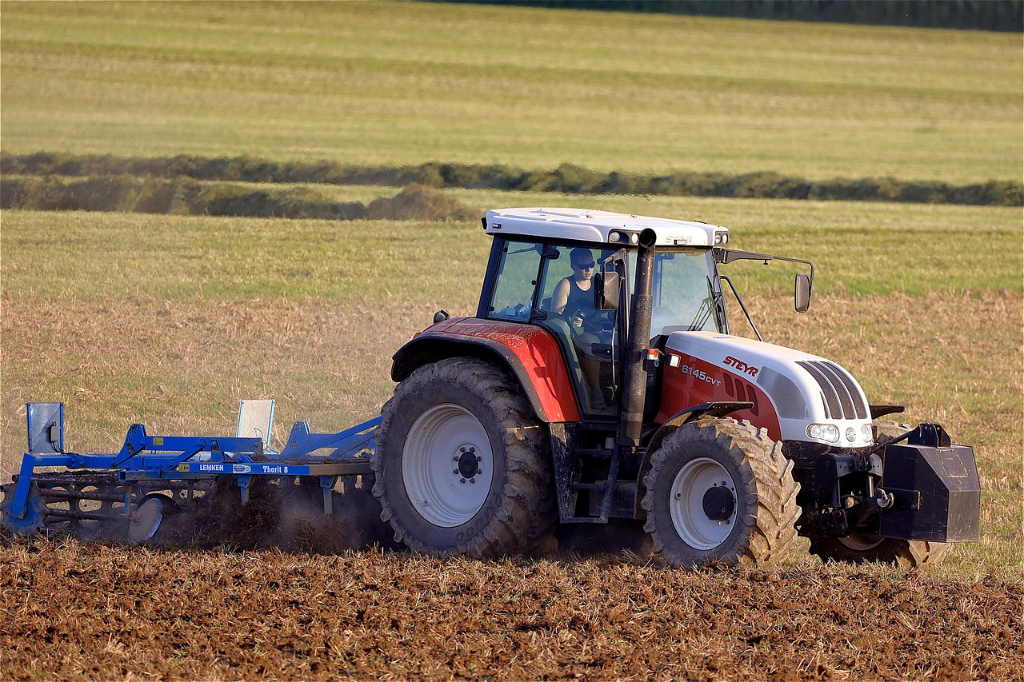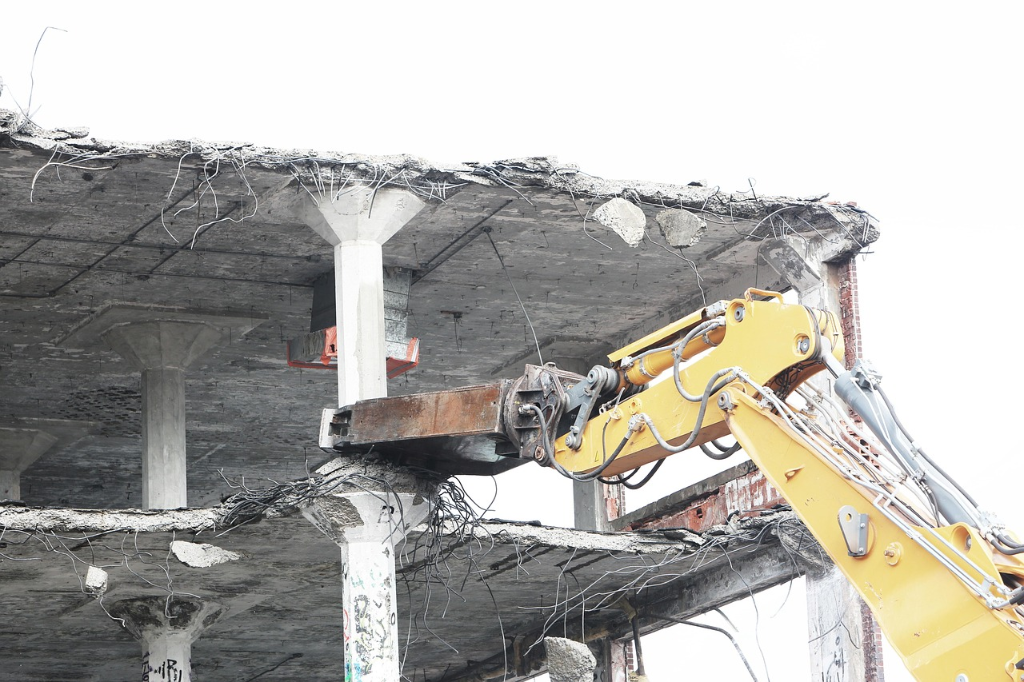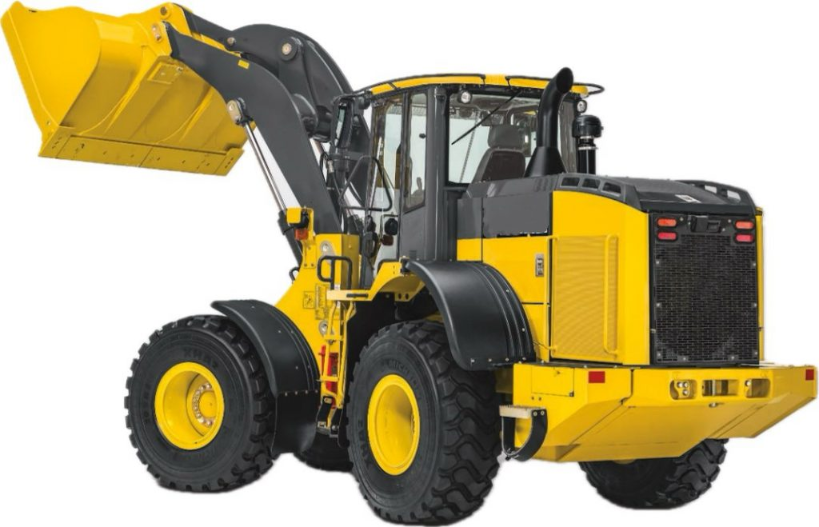
Hydraulic cylinders sit in the middle of lots of machines. They play a big part in places like building sites, digging spots, making factories, and farm work. If you pick a bad one, it can waste your cash, make your job go slow, and even hurt your tools. To keep your stuff working well and fast, you have to learn how to find the best one.
What Factors Define the Right Hydraulic Cylinder?
When you pick a hydraulic cylinder, you pick how good your tools will run when things get hard. The big or small size, stuff it’s made from, and how it’s built decide if it will stay strong for a long time or break fast. Many shops think of cost first. But that can lead to getting cheap ones that stop working soon. So, you should check on how well it’s made, if you can count on it, and if it fits with your machines.
Why Does Quality Matter Most?
A hydraulic cylinder must hold up against very high push while keeping moves smooth and exact. Bad ones leak, get worn, or break when loads are big. Good ones use strong stuff, firm joins, and hard checks like push tests or long run trials. And that leads to less stops and longer tool life.
How Do You Match Cylinder Type With Machinery?
Different machines want different cylinders. Heavy tools like loaders, diggers, and lifts often run in bad spots where power and safety come first. You match the right kind to your machine. Then it can take the weights, turns, and repeats without dropping how well it works.
Which Cylinder Works Best for a Loader?
For a loader, you need one that gives lift strength and steady hold. A hydraulic cylinder for loader has to deal with lots of heavy picks, fight side pulls, and stay solid even in dirty or wet places. If you pick one with right covers and tough build, it stops leaks and odd lifts.
How Important Is Customization for Your Application?
Not all machines look the same. And ready made cylinders do not always work right. Special ones bring better outcomes because they fit your exact job spots. This can cut power use, make things safer, and drop time off.
When Should You Consider a Custom Hydraulic Cylinder?
If your tools work in odd spots, like deep under ground digs, sea areas, or special hole making, special cylinders are smart. A hydraulic cylinder for directional drill shows this well. It must work with sharp aim and fight steady pull while staying small to fit in the drill box. Normal kinds often stop in such hard jobs.
What Role Does Maintenance Play in Cylinder Longevity?
Even the top cylinder will not go far without good care. Check plans keep your cylinders running safe and stop small fixes from turning big.
How Often Should Hydraulic Cylinders Be Serviced?
You should look often for leaks, old covers, and oil amounts. Based on how much you use them, you might need full care every few months or once a year. Clean oil, right oiling, and fast cover swaps can make them last much longer. Keep in mind the old words: oiling is key for a cylinder’s life.
How Do Testing and After Sales Support Add Value?
The way a maker checks a cylinder before it leaves can save you from big pains later. Makers that do push checks, leak looks, and long tests give you more calm. Help after you buy counts too. If a cylinder wants a fix or change, a fast help group keeps time off short and machines going.
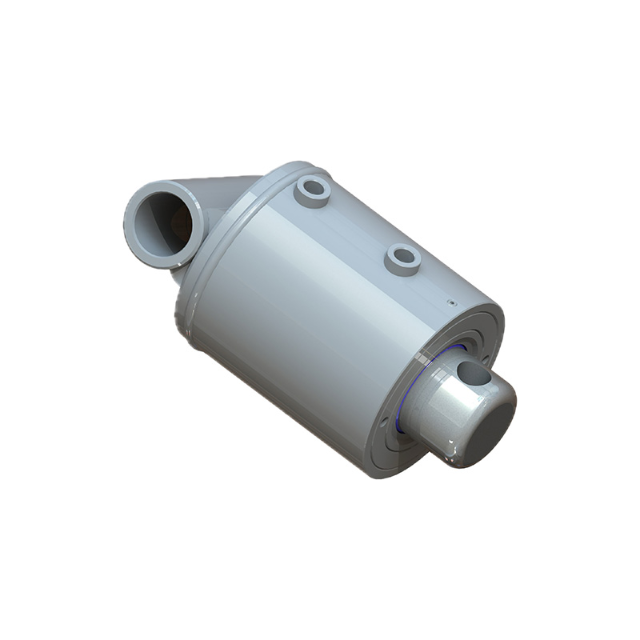
Why Does After Sales Service Matter?
A strong help setup aids with setup tips, problem fixes, and extra parts. Without it, you could see long waits and more costs. Good help after buy is part of what you get when you pick cylinders. It is not just an add on.
Shining Hydraulic has made a good name as a solid friend in this work. With lots of time spent planning and building hydraulic cylinders for tough tasks, the company gives special fixes that follow hard rules in the field. Their help covers planning, making, and care after you buy. This makes them a full stop for what your tools need. What makes them different is not only the parts but their workers: a skilled group set to fix real problems, no matter if you deal with loaders, drilling rigs, or special factory setups. If you want to find out more about their past and ideas, contact them.
FAQ
Q1: How do I know which cylinder size is right for my machine?
A: Start with your equipment specs such as load, stroke length, and pressure rating. A qualified manufacturer can help you match these numbers with the correct cylinder design.
Q2: What is the most common cause of hydraulic cylinder failure?
A: Seal wear and fluid contamination are the leading causes. Both can be reduced through routine inspection and using clean hydraulic oil.
Q3: Can I use a standard cylinder in place of a custom one?
A: In light duty jobs, yes. But for heavy duty or unique applications, a custom cylinder will save you money long term by preventing breakdowns and energy loss.
Q4: How long does a heavy duty cylinder usually last?
A: With good design and regular maintenance, cylinders in construction or industrial use can last many years, often more than a decade.
Q5: Is it worth paying more for a cylinder with strong after sales support?
A: Yes. The upfront price may be higher, but quick service, parts supply, and technical help can prevent costly downtime later.

